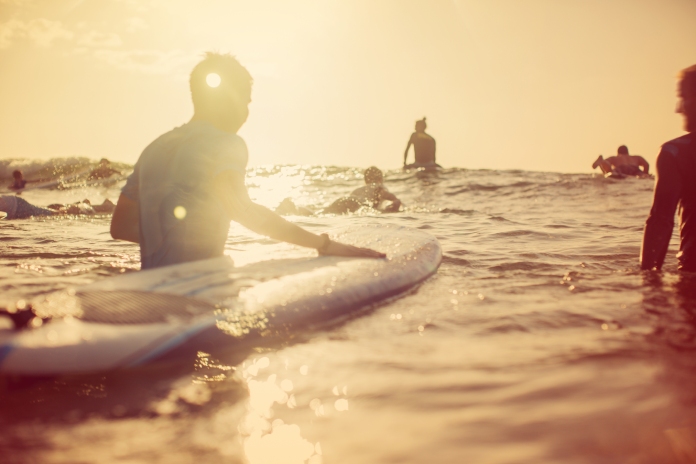
Surfing an open body of water can be exhilarating and daunting. The ocean’s expanse offers unlimited freedom and requires a great deal of respect and preparation, and surfers face a variety of challenges, including stronger currents, larger waves and marine life.
Preparedness goes beyond having the right equipment, it involves mental and physical conditioning, understanding weather patterns and having the capability to read the ocean’s behavior. These tips to enhance your experience as an open-water surfer will boost your confidence and guarantee a safer, more enjoyable time on the waves.
Select the Right Equipment
Choosing the proper equipment is fundamental to a successful open-water surfing experience. Start with the right surfboard tailored to your skill level and the type of waves you’ll encounter. Beginners often benefit from a longboard, which offers more stability, while advanced surfers might opt for a shortboard or something more specialized. Don’t forget other essentials, such as a quality wetsuit to keep you warm and buoyant and surfboard wax to provide traction.
Understand Weather and Wave Conditions
Knowledge of weather and wave conditions is crucial for any surfer. Check the surf reports and understand the local weather patterns before you head out. Knowledge about the swell direction, wind speed and tide times can help you anticipate the types of waves you’ll face. This preparation ensures you’re surfing under optimal conditions, which can greatly enhance your performance and enjoyment.
Practice Water Safety
Water safety is not just about keeping yourself safe; it’s about ensuring others’ safety. Learn and follow important water safety tips every surfer should know, such as how to signal for help and the importance of staying within designated areas. Always inform someone on land about your surfing plans and estimated return time. Always carry a basic first aid kit and learn how to use it.
Master Your Paddling Technique
Effective paddling will help you catch waves and maneuver in the water. Practice your paddling technique to ensure you can swiftly and smoothly move through the water. Efficient paddling conserves energy and allows you to position yourself better when a wave approaches. Keep your body streamlined, use long, powerful strokes and maintain a steady rhythm to maximize your paddling efficiency.
Respect Marine Life and the Environment
Avoid surfing in areas where marine life is actively feeding or breeding. Stay clear of coral reefs and other sensitive habitats to prevent damage. Always dispose of your waste responsibly and participate in beach clean-ups whenever possible. By practicing eco-friendly habits, you protect the marine environment and ensure enjoyable surfing conditions for future generations. Every session on the open water is an opportunity to learn, grow and deepen your appreciation for the ocean.





























